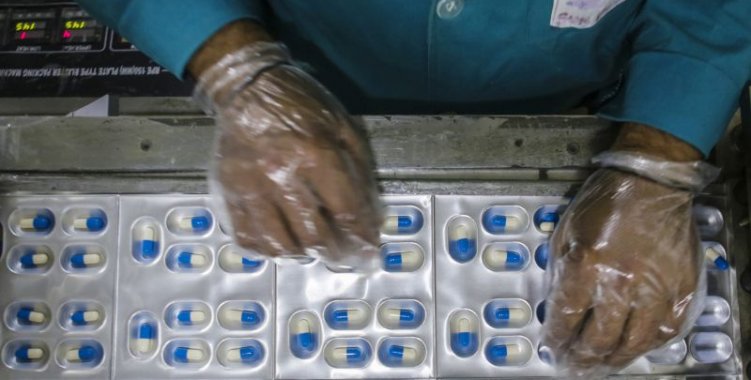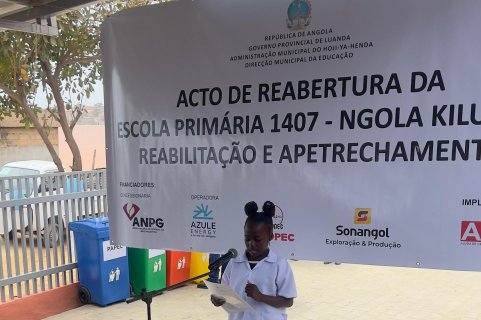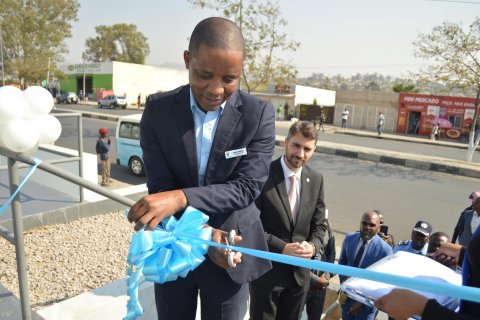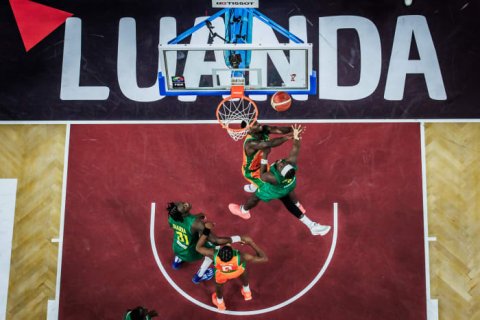The issue was addressed by Pombal Mayembe, a board member at Armed, during a seminar on "Fighting Piracy, Understanding the Global and Local Context", promoted by the television distribution company Multichoice.
Mayembe that the Arm to proceed with the registration of drug distributors, having already identified the distributors in this number of 200 importers, having already identified only three countries with a high number, comparatively, which had already identified a country with a high number, which already owned.
"The problem is that at the moment we are not implementing the registration of medicines. The decree is already approved, but the beginning is missing. To start, some conditions are lacking, there is a lack of a quality laboratory for drug control at the national level", he stressed.
According to the official, drug registration cannot function without the support of the quality control laboratory.
"If there is any doubt, is it going to harm the quality of a particular drug? We can send it, for example, to the regulatory authority of Zimbabwe, in Ghana, but they are costs", he added.
The head of the Armed Commission defended the reactivation of the Ministries of Health and Interior, created 14 years ago, given the supply of fake medicines circulating between Angolan markets.
In 2008, according to the official, the commission was created, "but for some time now, the works were created with 2008".
"And we need to reactivate, because now, more medicine than ever, there is a lot of false", he said, noting that this increase is gaining very questionable contours.
In Angola, highlighted Pombal Mayembe, the great challenge is linked to the control of the vast border it has with neighboring countries, mainly the Democratic Republic of Congo (DRCongo).
"We have points of our times, which do not control, there those methods, those threads, which pass through someone who passes through someone and who cross the border and those trade, who reach the formal circuit, through those who reach the formal circuit, through who passes, who passes, who passes and who cross the border and they sell, who reach the formal, because we can find them in the pharmacy, we have to be careful with that", said Mayembe.
The Armed director pointed out that the areas with the highest number of fakes are weight loss, erectile dysfunction, and, more recently, oncology, cardiology, neurology and other of the most frequent diseases.
"We recently issued a document to prohibit the distribution, distribution and sale of 'Luther', an antimalarial with a distribution of 40/240", he exemplifies.
According to Pombal Mayembe, of the 2.7 million counterfeit drugs in the world, 1 percent circulates in developed countries, and in Africa between 10 percent and 30 percent circulates, which "is a lot", being the Austral region, Angola is among the countries most affected by this phenomenon, affecting DR Congo and Namibia.
The Armed official stressed that the country is internally organized to combat this scourge, recalling that a few years ago an Operation Boat Boat was carried out to combat counterfeit drugs, having also participated in a regional operation, called Pangea.
Angola has cooperation with Infarmed, from Portugal, with Anvisa, from Brazil, with Anmat, from Argentina, and with EAM, the competent authority in Ibero-American countries, with Interpol and Europol, as well as regions of the continent African.







